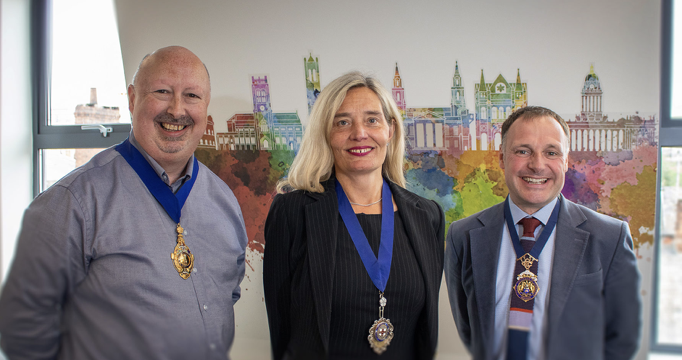Insolvency specialist quits Sheffield for move to the north east
Chemical and ingredients distributer expands with office and lab space at Lawnswood Business Park
Barnsley gets ready to take applications under new grant schemes
Lincoln events software platform raises £1.5m
Huddersfield SaaS firm appoints former tennis player as head of partnerships
Wood Care Group acquires duo of Barnsley care homes
Leeds company swoops for international workplace management solutions firm
Motor giant accelerates into York warehouse
Motor giant, JCT600, has acquired a modern warehouse at Centurion Park on Clifton Moor in York.
JCT600, which has multiple dealerships, service, accident repair and van centres across Yorkshire, Humberside, Lincolnshire and the North East, purchased the 17,521 sq ft unit from leading parcel delivery company, DPD, for an undisclosed sum.
JCT600 is a well-known, family-run business with a 75-year pedigree. It is a trusted partner of 21 of the world’s best car brands, including Aston Martin, Porsche, Rolls Royce, Bentley, Ferrari and many more. The company will use the new site as a vehicle preparation centre.
Leeds property consultancy GV&Co advised DPD on the off-market transaction alongside sbh, and JCT600 was represented by Eaton Commercial.
Jonathan Jacob, senior surveyor from GV&Co, said: “Having let DPD their new state-of-the-art parcel facility on Northminster Business Park, we were delighted to have been retained to sell their building on Clifton Moor, which they had outgrown. Unit 1, Centurion Park provided a unique opportunity for JCT600 to acquire a modern, low site density building adjoining their existing ownership and we are pleased to have concluded the sale quickly.”
Robert Eaton, director at Eaton Commercial, added: “The opportunity for JCT600 to secure the freehold of further significant property in the heart of their dealership and support network at Clifton Moor, York, was not to be ignored, with the deal being rapidly concluded. JCT600 are now working up their plans for the business operation from the site.”
Three new faces prepare to step up at Yorkshire’s Chamber of Commerce
Government plans to fund replacement of unsafe cladding on thousands of buildings
“We will continue to work with DLUHC to ensure the pace we’re working at is maintained, so we can bring peace of mind and protection to the millions of people whose lives have been affected by unsafe cladding.”












